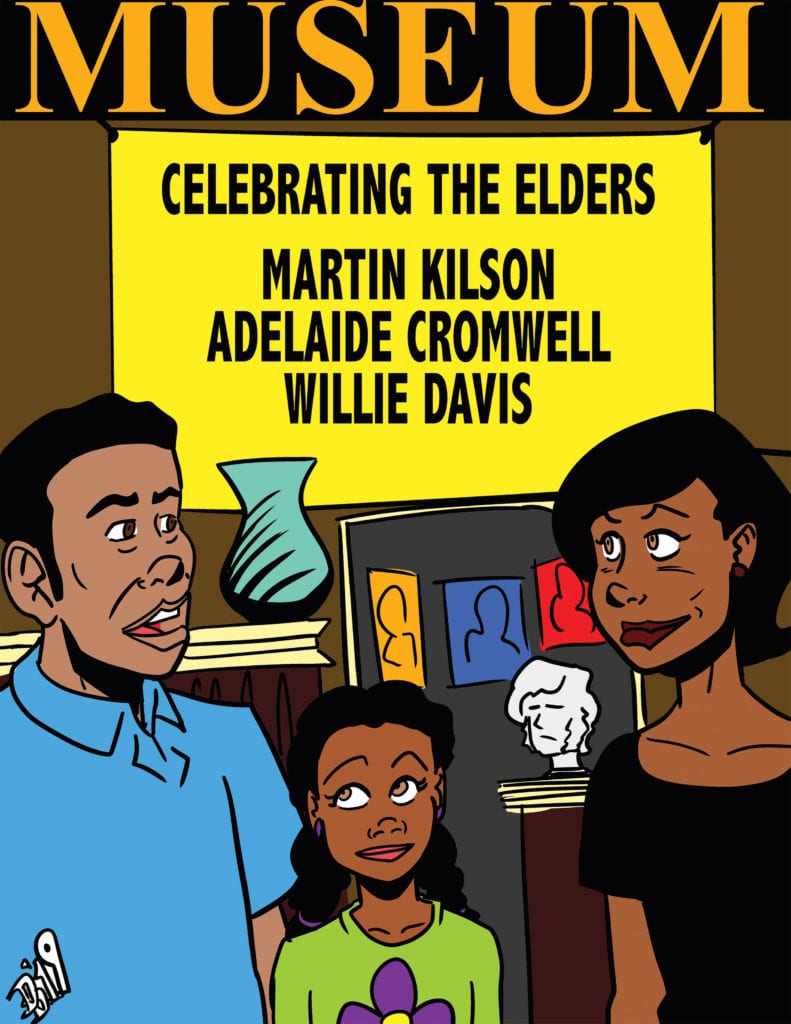
In many cultures the elders once had a significant role. However, with the growing domination of the youth lifestyle in industrialized nations, the importance of elders has declined. This is even true among various ethnic groups such as African Americans, where the elders are the only living link to the past.
Just think of a Fourth of July celebration without any reference to George Washington, Thomas Jefferson or John Adams. There were 56 Founding Fathers who signed the Declaration of Independence in 1776, and severed the colonialists’ ties to Britain. Then they reassembled with representatives from 9 states in a Constitutional Convention in 1787 to ratify the proposed constitution that established the rules of law for the United States government.
One of the most divisive issues from the early days of America was what states would allow slavery and which ones would not. Massachusetts had already established a state constitution in 1783 that prohibited slavery, but that issue created a continual turmoil in other states of the nation that ultimately induced the states allowing slavery to secede from the union.
There were no social circumstances more demanding of wise elders than to embody the history of the people and continually reconfirm the fundamental principles of the culture. This spring blacks have lost several outstanding elders whose achievements have benefitted the whole community.
Martin Kilson. On April 24, Professor Kilson died at the age of 88. He was the first tenured African American professor at Harvard. His field of study was not so esoteric that it would direct his attention away from other blacks. Rather, his scholarly pursuit was African politics. His work helped to establish African American studies as a legitimate academic discipline. This line of work is so commonly available now that it is easy to forget that black studies was arcane in 1962 when Kilson became a faculty member. He gained tenure in 1969.
Adelaide Cromwell. On June 8, Professor Cromwell died at the age of 99. At a time when the media generally characterized African Americans as ill-educated and boorish, Dr. Cromwell employed her skills as a sociologist to alert the world that there were numerous accomplished blacks who had made substantial contributions.
A faculty member at Boston University since 1951, Professor Cromwell co-founded the university’s African Studies Center in 1953 and she founded BU’s African American Studies program in 1969.
Cromwell earned a Ph.D. from Radcliffe in 1953, where her thesis was later published as “The Other Brahmins: Boston’s Black Upper Class 1750-1950.” She was continually interested in the development of the black leadership.
Willie J. Davis. On June 19, Attorney Willie Davis died at the age of 83. A former assistant attorney general, an assistant U.S. attorney, and a United States magistrate, all in Massachusetts, Willie Davis believed in public service in addition to managing a private law practice. He was a lecturer at the Massachusetts State Police Academy from 1965 to 1978, and an instructor in the College of Law Enforcement at Northeastern University.
Davis’ most absorbing activity was as a member of the Board of Trustees of his alma mater Morehouse College in Atlanta, Ga. He was considered by all who knew him to be a special friend.
Conclusion: Some African Americans undoubtedly noted the published obituaries but did not realize that we had all lost in a short period of time, a significant number of elders. They had not only attained the age of 80 that would qualify them to be considered elders, but each of them had spent considerable time in their lives for the benefit of the group. For Kilson and Cromwell, it was their life’s work.
The time will soon come when this whole generation of elders is gone. One wonders what will then promulgate the spirit to generate the progress of the group, when the elders are no longer highly regarded. African Americans should give some serious thought to the matter.






